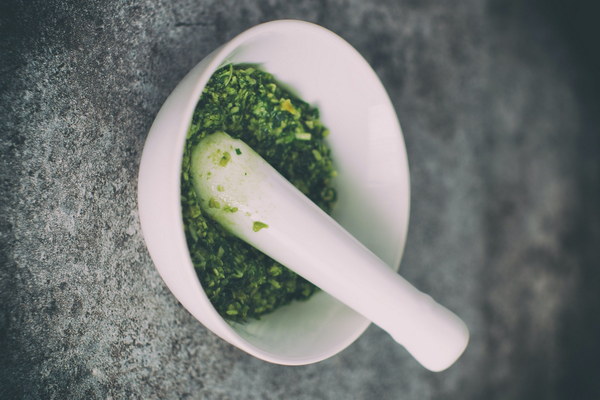Harmonizing Body and Mind The Essence of Traditional Chinese Exercise for Wellness
In the realm of holistic health, Traditional Chinese Medicine (TCM) offers a profound understanding of the human body and its intricate relationship with the environment. Central to TCM is the concept of Qi, the vital life force that flows through the body, maintaining balance and harmony. Exercise, as a vital component of TCM, is designed to enhance the flow of Qi, promote vitality, and maintain overall well-being. This article delves into the core principles of TCM exercise and how they can be integrated into daily life for a healthier, more balanced existence.
1. Qi Cultivation: The Core of TCM Exercise
At the heart of TCM exercise is the cultivation of Qi. Qi is the energy that sustains life, and its smooth flow is essential for good health. TCM exercises, such as Tai Chi and Qigong, are specifically designed to enhance the flow of Qi through the body, using gentle movements and controlled breathing. By harmonizing the breath with movement, TCM exercise helps to reduce stress, improve circulation, and boost the immune system.

2. Balancing Yin and Yang
According to TCM philosophy, the body is governed by the interplay of two complementary forces: Yin and Yang. Yin represents the cool, slow, and passive aspects of life, while Yang symbolizes the hot, active, and dynamic aspects. TCM exercise aims to balance these forces, ensuring that the body remains in a state of equilibrium. This balance is achieved through a combination of slow, meditative movements and dynamic, energetic exercises.
3. Connection with Nature
TCM emphasizes the importance of living in harmony with nature. Exercise routines are often performed outdoors, where practitioners can connect with the natural elements, such as sunlight, fresh air, and the earth's energy. This connection with nature not only enhances physical health but also promotes mental and emotional well-being.
4. Mind-Body Integration
One of the unique aspects of TCM exercise is its focus on mind-body integration. These exercises are not just about physical movements; they also require mental focus and emotional balance. By combining physical activity with meditation and breathwork, TCM exercise helps to calm the mind, reduce stress, and improve concentration.
5. Tailored to Individual Needs
TCM exercise is personalized to suit each individual's unique constitution and health needs. Practitioners may be advised to focus on specific exercises that address their particular imbalances, such as strengthening the liver, calming the mind, or improving circulation. This personalized approach ensures that the exercise routine is both effective and enjoyable.
6. Regular Practice for Long-Term Benefits
The benefits of TCM exercise are cumulative, and regular practice is essential for long-term health. By incorporating these exercises into daily life, individuals can experience a gradual improvement in their physical, mental, and emotional well-being.
In conclusion, TCM exercise is a valuable tool for achieving balance and harmony within the body. By focusing on Qi cultivation, balancing Yin and Yang, connecting with nature, integrating the mind and body, and tailoring the practice to individual needs, TCM exercise can be a transformative journey towards wellness. Embracing these ancient principles can lead to a healthier, more vibrant life, both physically and emotionally.









